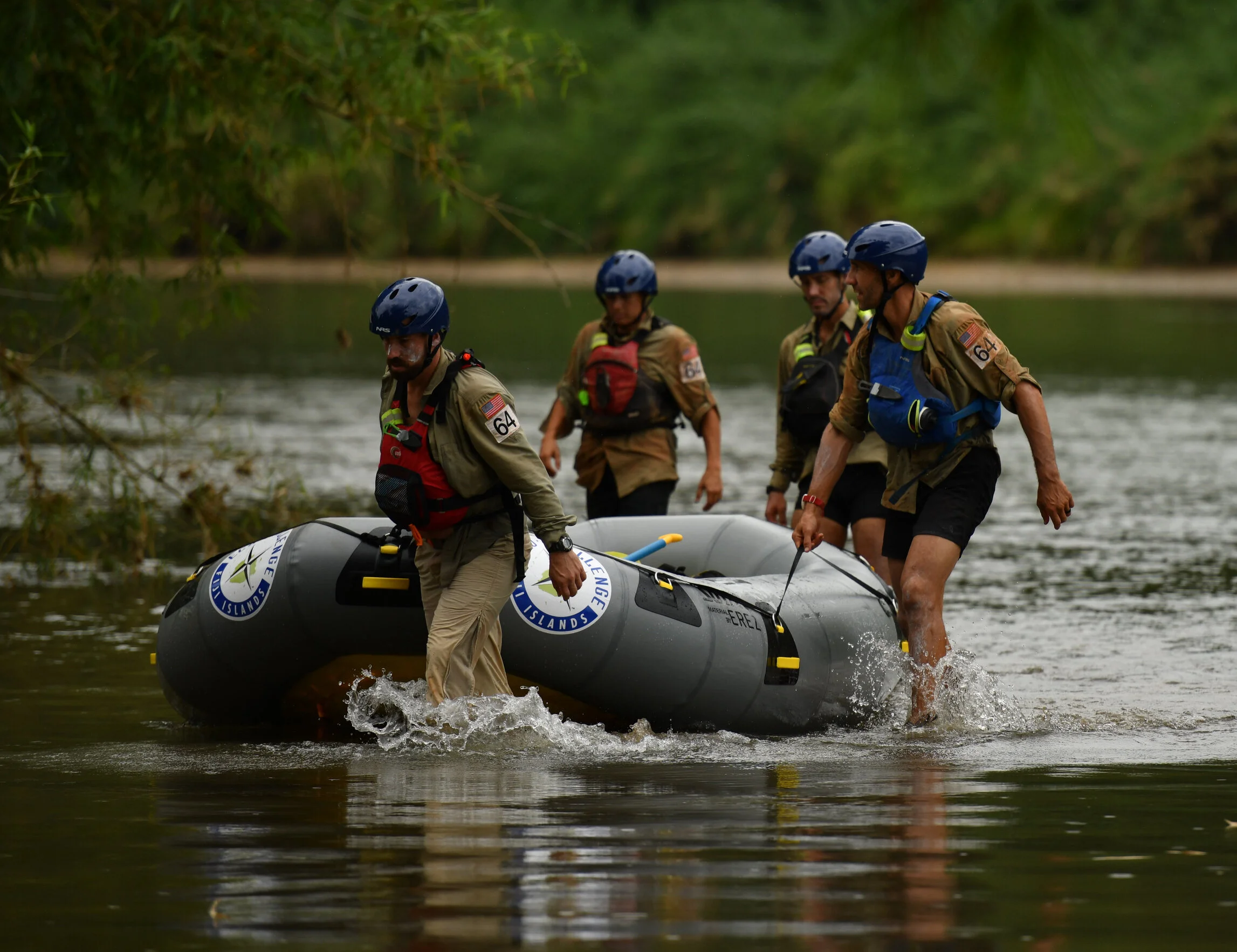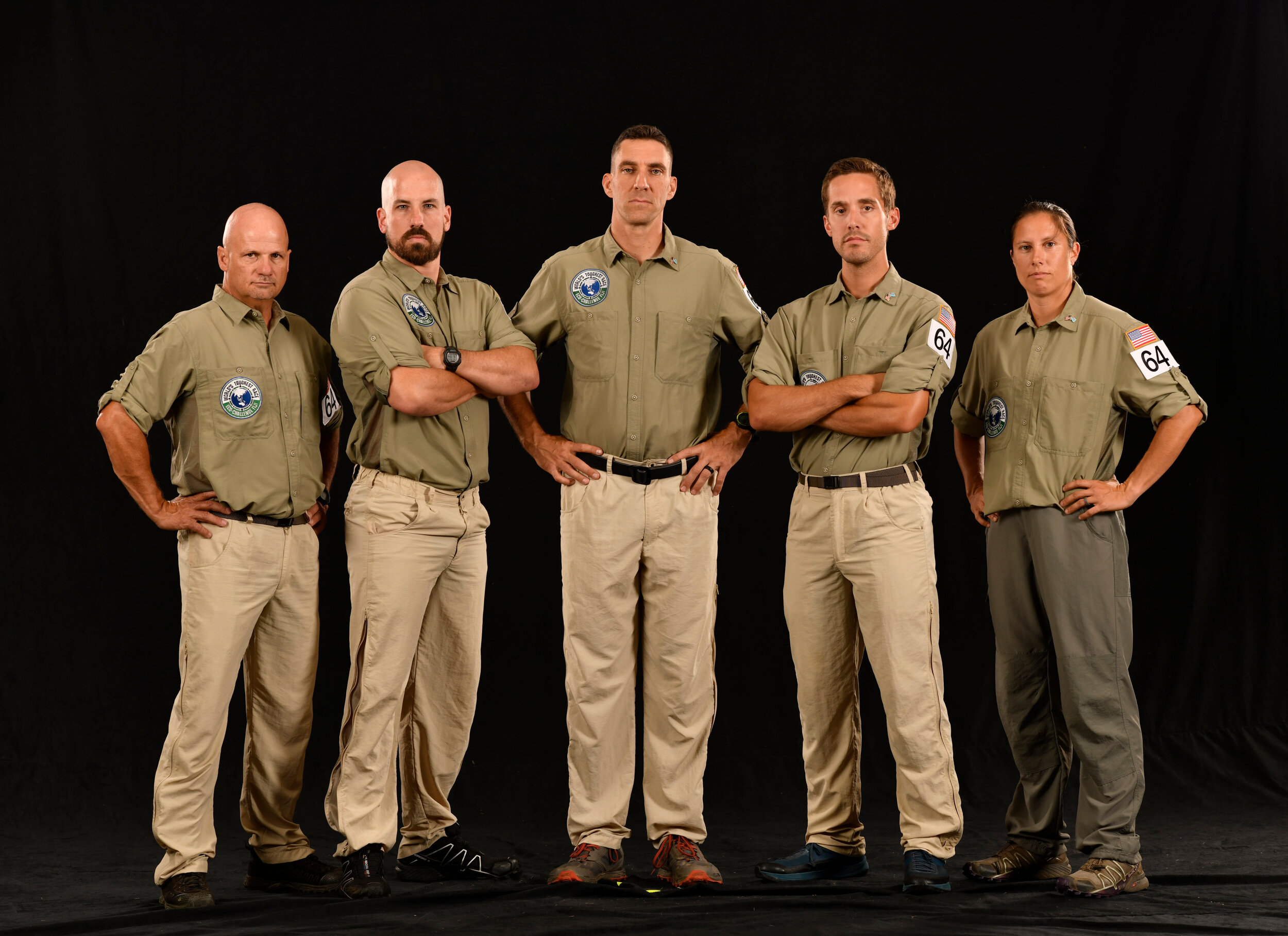“Set a goal so big that you can’t achieve it until you grow into the person who can.”

I like to think that character is revealed during the trials of life, and I have certainly known my fair share of them. In endurance sports, like some strange form of voluntary waterboarding, we practically immerse ourselves in trials regularly.
When you've fallen far and you claw your way back out,
you learn to persevere through struggle,
to become fierce through grit.

Nobody can give you those experiences,
nobody can make those sacrifices on your behalf,
nobody's going to make those tough decisions for you.

You make them from the depths of willpower,
and out of necessity.

These are my hard-earned experiences.

So has 2020 really been that bad? Well, I can tell you it's to the point that having an upbeat attitude or even thinking that the pandemic is not so bad is seen as traitorous by many. It’s hard to be balanced on the issue. Instead of the caricature of an angel and devil on my shoulders arguing each of their cases, it is a different scene for me. I am tasked with the celestial role, met instead by an imp on each shoulder: shame for attempting positivity when the year has been so bad for others and guilt that the truly bad things happening to me haven't yet crushed me. Maybe it's not COVID that has made me feel socially isolated--perhaps it is that positivity is no longer culturally en vogue.
At the ceremonial start, country flags surrounded a stage in a semi-circular fashion. All the cameras were in place with drones and helicopters flying over. It was spectacular. Teams quickly learned the race was divided into five stages (Ocean, Jungle, River, Highlands, Island), with racers capturing an iconic medallion at each stage that would serve as the pass that allowed them on to the next stage. In between stages were camps where Team Assistant Crews (TACs) would set up team tents and have hot food waiting. Teams were required by the rules to spend a minimum of ninety minutes at each camp to allow for interviews if required. Additionally, teams had a sleep card rule that mandated they take a total of five sleeps of three hours each at Check Points (CPs) or camps of their choosing along the way. It was another element of strategy to consider during the race. The members of Team US Military were excited and ready to go.
We had hit the aptly-named Drunken Monkey Trail just as the sun had set, and oh boy what a trail. The gpx route was a mess, and we had no idea if we were going in the right direction because there were so many damn switchbacks. All the while I’m just laughing and screaming at how ludicrous this trail is. I would deathgrip the bars with no braking going down each steep hill so I could preserve momentum to get up the equally steep uphill. Joshua did something similar, but the noise of his fully-loaded handlebar and seat bags’ tire rub replaced my screams and laughs. By hills, these inclines and declines were so rapid as to take less than a few seconds each, but the grade was always at least 20% or more. It was all so absurd to do on fully loaded mountain bikes; this seemed like a trail for dirt jumpers.
If we come over here to the hull shape of the 18X, it's a little bit broader and that accounts for stability. It is a sea kayak, so it's it's made for billowing waves and big chop out in the ocean. Obviously, it's got a lot more carrying capacity than the surfski. That's a good thing when you're doing a very long paddle and you have to carry a lot of gear with you. The carrying capacity of the 18X is far superior to that of the V10 surfski, and mainly that's because of the hatches that they have in the bow and also the stern back here; but also to the right back of the paddler that's accessible from the cockpit…
I missed the sun. I missed watching it rise and fall over the lake. I missed the rainbows of colors it pours over the sky—a heavenly canvas mirrored by the surface upon which I flew decorated with a million million sparkles as the water’s ripples become the ticker tape of my passing. I missed the calmness of a clear night—the silky, moonlit quiet of the water. So calm that you feel like the lake is whispering to you to be still for just a moment with her, so quiet that you can marvel at the sound of your own heartbeat carrying over her serene waters. I missed the lake day celebrations, the children swimming under the watchful eyes of their parents, the smell of grilling, and the sounds of splashing. The sun did eventually come out, and I finally dried out...mostly…
Fear, instinctual and undeniable in all of us, surrounds the unknown. And a sure-fire way to summon the unknown and all the fear that comes with it into existence is to aspire to bring about change in our own lives. Make no mistake—aspiration is itself a rebellious provocation of fear; it is neither for the dutiful nor the cowardly. I’ve not met a single person that drastically bettered their lives that didn’t have to face down fears of their own. To choose it requires a form of intractable courage. In the words of Mark Twain, “Courage is not the lack of fear. It is acting in spite of it.”
I attempted to walk with dignity to the ocean to wash them off, only to break into a run after I simply could not take it any more. Wading into the water was sweet relief, and for a wonderful moment I was both cool and relieved be bug free. It was at that moment I was surprised to see two dorsal fins in the shallows a mere hundred feet away. It became clear they weren’t dolphins when one of the sharks launched out of the water with a fish in front of its tooth-filled maw, the entranceway into its stomach opening and closing several times midair. I was in awe. It was one of those jaw-dropping moments on Shark Week where upon seeing it you swear off oceans for good. The shark was roughly 5-6 feet long head to tail, and I wouldn’t have guessed it to be in such shallow water. The dorsal fin of the other was no smaller. I was then faced with a decision--to stay in the water with the sharks, or to return to the sand gnats. With a vigilant eye focused on the sharks, I stayed. It was in this way I learned I hate sand gnats more than death…












I jarred him from his stupor, “We need to descend.” For the past two weeks, I had been careful to make suggestions, as my expedition style of climbing was a point of contention with my partners, both staunch advocates of a “fast and light” alpinist style. This time, I wasn’t making a suggestion. In that very moment, leadership of the group changed. I continued, “We have got to head back down to high camp. You are done.”